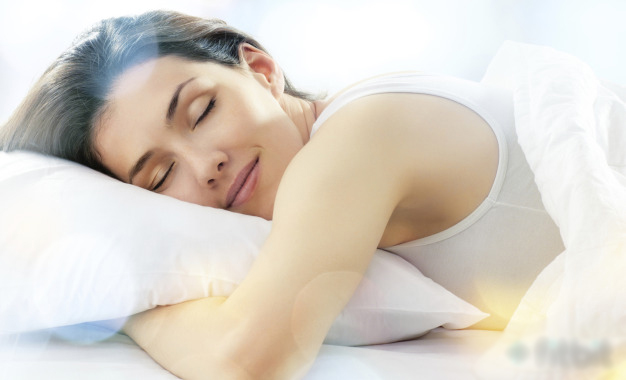Sleep is associated with a state of muscle relaxation and reduced perception of environmental stimuli.
For many of us, sleep is the sweet balm that soothes and restores us after a long day of work and play. But for some sleep is elusive or otherwise troubled. When we miss sleep in order to keep up with our 24/7 world, we pay a price with our ability to learn, our health and safety, and our quality of life. Most people, at some point in their lives, experience difficulty falling asleep.
Here are 5 easy tips to help you sleep better:
- Go Regular
Have a regular sleep-wake schedule. Go to bed and get up around the same time every day. This sets your biological clock so the hours of sleepiness and wakefulness – the circadian rhythm – are established. - Sweat It Out Exercise regularly in the evening after work and before dinner to de-stress and get a good physical workout. Feel-good hormones like endorphins, which are released during exercise, have been shown to reduce stress.
- Manage Caffeine Intake
Reduce or eliminate your overall consumption of caffeinated beverages, and try to avoid caffeine after 12pm. A study showed that caffeine has an effect on sleep quality from as early as six hours before bedtime. - Have A Hobby
Manage stress through hobbies, spiritual practices and recreational activities. Stress in your work or personal life is a major contributor to sleep disorders such as insomnia. Time to pursue your interests can help regulate this. - Establish Quiet Time
Develop a wind-down routine at bedtime, including having a quiet, dark and relaxing bedroom environment. This sends signals to regulate the circadian rhythm and helps in the body’s natural production of melatonin – a hormone which affects your sleep-wake cycle.
Make sleep a priority. You must schedule sleep like any other daily activity, so put it on your “to-do list” and cross it off every night. But don’t make it the thing you do only after everything else is done – stop doing other things so you get the sleep you need.





